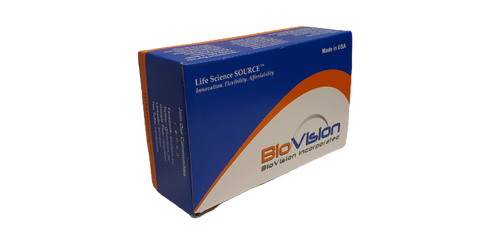Product Description
PPDK | Pyruvate orthophosphate dikinase | AS13 2647 | Agrisera
Immunogen: Purified recomibinant enzyme consisting of residues 72-947 of Zea mays, UniProt: P11155Peptide used to elicit this antibody is conserved in both isoforms of PPDK in rice: PPDK1 and PPDK2.
Host: Rabbit
Conjugation: N/A
Clonality: Polyclonal
Isotype: N/A
Purity: Immunogen affinity purified serum in PBS pH 7.4.
Format: Lyophilized
Tested Application: Western blot (WB)
Related Products: Collection of antibodies involved in photosynthesisPlant protein extraction buffer Secondary antibodies
Recommended Dilutions: 1 : 25 000 (WB)
Molecular weight: 102 | 95 kDa
Confirmed Reactivity: Arabidopsis thaliana, Oryza sativa, Zea mays
Predicted Reactivity: Hordeum vulagre Species of your interest not listed? Contact us
Not reactive in: Cucumis sativus
Additional Information: PPDK levels inr C3 plants like Arabidopsis thaliana and Hordeum vulgare are very low and PPDK protein is very dilute in most tissues of C3 plants. To perform detection in C3 plants leaf proteins needs to be concentrated before western blot, Chastain et al. (2002) .
Background: PPDK (Pyruvate, phosphate dikinase 1) is involved in formation of phosphoenolpyruvate and activated by light-induced dephosphorylation. Inhibited by dark-induced phosphorylation. PPDK is a low-abundance enzyme in C3 plants while it is a key enzyme of C4 photosynthesis.
Reconstitution: For reconstitution add 200 µl of sterile water in 40% glycerol to a final protein concentration of 100 ng/µl
Storage: Store lyophilized/reconstituted at -20°C; once reconstituted make aliquots to avoid repeated freeze-thaw cycles. Please remember to spin the tubes briefly prior to opening them to avoid any losses that might occur from material adhering to the cap or sides of the tube.
TAIR Nnumbre: At4g15530
Category: Signal transduction
Research Area: Cell Signaling
 Euro
Euro
 USD
USD
 British Pound
British Pound
 NULL
NULL












